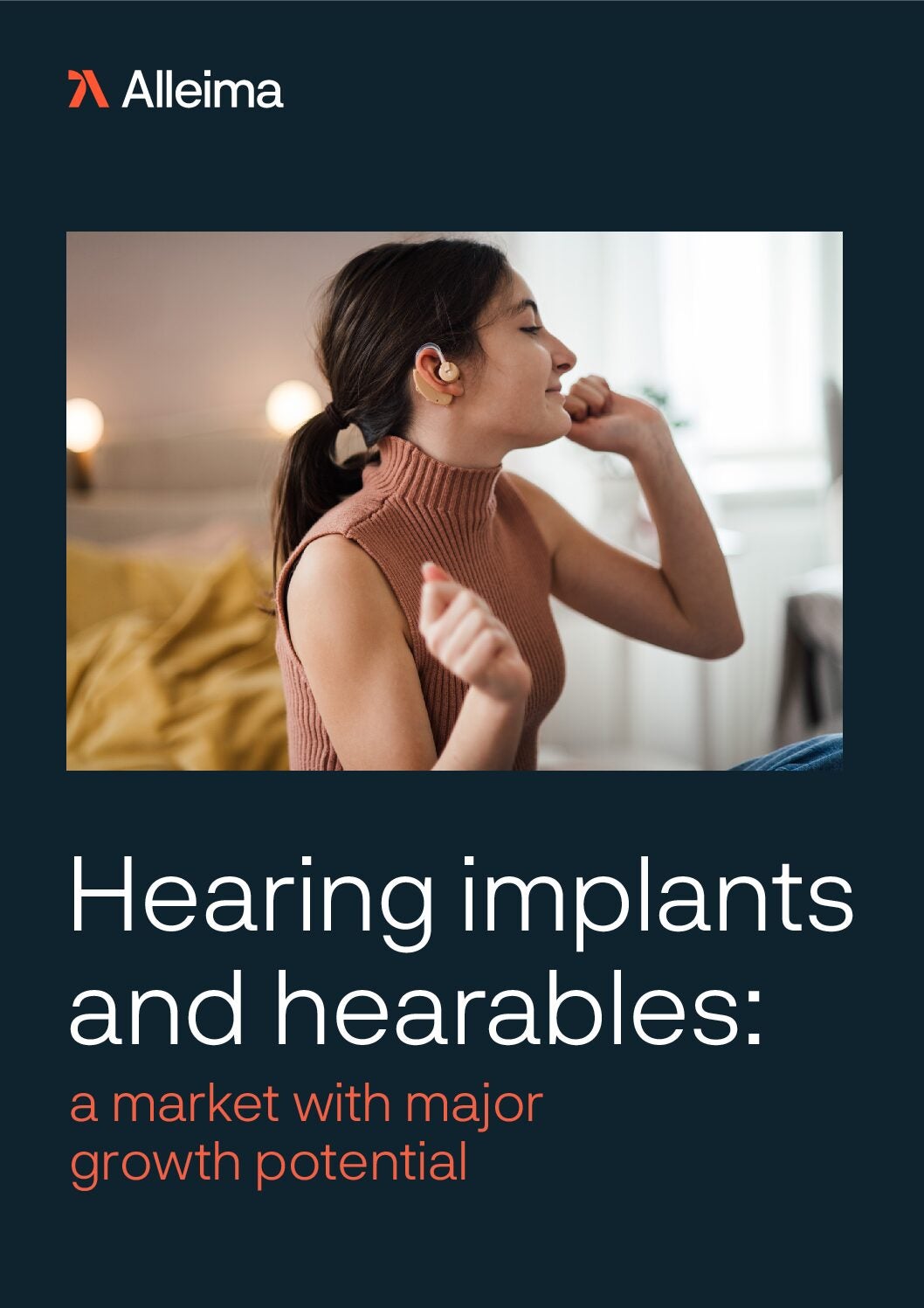
The UK’s Competition and Markets Authority (CMA) has announced that the merger of two major hearing implant providers, namely Cochlear and Oticon Medical, may lead to higher prices for the National Health Service (NHS).
The deal could also lead to reduced quality as well as impact innovation for UK patients who depend on these devices.

US Tariffs are shifting - will you react or anticipate?
Don’t let policy changes catch you off guard. Stay proactive with real-time data and expert analysis.
By GlobalDataIn April, Cochlear agreed to acquire Oticon Medical, the hearing implant division of Demant, for kr850m ($119.8m).
According to the CMA, Cochlear’s proposed acquisition would create a negative impact on patients requiring implants, most of whom purchase their devices through the NHS.
Both Cochlear and Demant are involved in the supply of cochlear implants and bone conduction solutions, which are surgically implanted.
These devices help enhance hearing for people with mild to severe or total hearing loss, meeting the requirements of different patients based on the cause of each individual’s hearing loss.
CMA’s phase one investigation revealed that the proposed deal would result in the merged businesses holding a 90%-100% share of the bone conduction solutions market in the UK.
CMA expressed concern that the closing of the deal would result in the elimination of the strongest competitor in this segment.
This is expected to lead to decreased innovation, higher prices, or fewer choices for hospitals and their patients.
The investigation also focused on the impact of the merger on the supply of cochlear implants, where Cochlear has a significant presence.
It revealed that Oticon Medical has a minor presence in this segment in the UK and was not expected to become a significant rival in the future.
CMA’s findings also found that the merged businesses will have competition from two other providers in the UK.
CMA Mergers senior director Sorcha O’Carroll said: “We’re concerned that this deal could lead to higher costs for the NHS and worse outcomes for patients who rely on life-changing hearing implants.
“The merger will wipe out one of the main suppliers and leave Cochlear with a near monopoly in the supply of bone conduction implants.”





